AI in HR: Practical ways Canadian SMBs can save time on HR & payroll
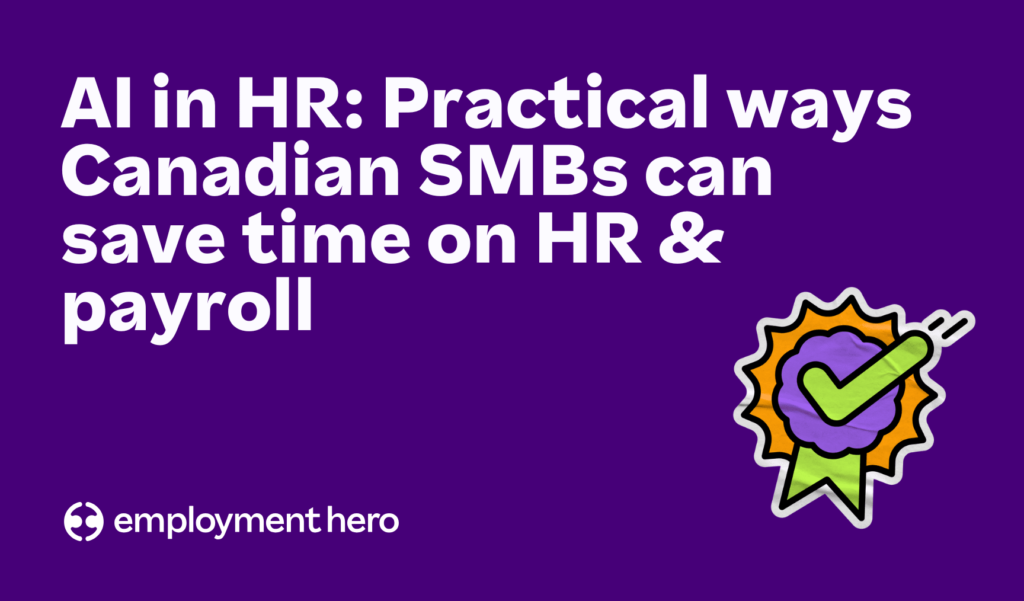
Contents
You didn’t start a business to get buried in paperwork. Yet, so much of your time gets eaten up by HR and payroll admin—screening resumes, answering policy questions and wrestling with spreadsheets. What if you could automate the repetitive tasks and get back to what you do best: growing your business and leading your team? That’s not a far-off dream; it’s what AI in HR is delivering for Canadian SMBs right now.
What is in this guide?
This is your no-nonsense manual for using artificial intelligence to supercharge your HR and payroll. We’re cutting through the hype to show you exactly what AI is and how you can use it to save time, reduce costs and make smarter decisions. We’ll cover the practical applications you can use today, the real-world benefits for your business and a clear-eyed look at what’s next. Let’s get started.
What is AI in HR, really?
Let’s clear this up. AI in HR isn’t about sci-fi robots taking over your office. It’s about smart tools that can perform tasks that normally require human intelligence, like learning, reasoning and problem-solving. Think of it like a powerful calculator for your people operations. Just as a calculator helps an accountant work faster and more accurately, AI helps your HR team automate tedious work so they can focus on the human side of human resources. It’s a tool that augments your team’s abilities, not a replacement for them.
So, how does this technology actually work? It’s powered by a few key concepts.
What are the different types of AI in human resources?
You don’t need to be a tech genius to understand the engines driving AI. Here are the main technologies in simple terms, focusing on what they do for you.
Machine learning
This is how AI systems learn from data to make predictions without needing a human to program every single rule. For your business, this means an AI tool can analyze your past hiring data to predict which candidates are most likely to succeed or identify employees who might be at risk of leaving.
Natural language processing (NLP)
This is the tech that lets computers understand and respond to human language. It’s the magic behind the HR chatbots that can instantly answer employee questions like, “How much vacation time do I have left?” or “Where can I find my pay stub?” It’s like having an HR assistant who works 24/7.
Predictive analytics
This is all about using data to forecast what’s likely to happen next. In HR, this is a game-changer for workforce planning. It can help you anticipate future staffing needs based on your growth goals or identify skills gaps in your team before they become a major problem.
These technologies sound great in theory, but how do they actually make your life easier?
How is AI actually used in HR?
This is where the rubber meets the road. AI is already being used across the entire employee lifecycle to automate tasks and provide powerful insights.
Revolutionize your recruitment and hiring
AI can automate the most time-consuming parts of finding talent. Imagine an AI tool screening thousands of resumes in minutes to surface the top candidates who match your criteria. It can then automatically schedule interviews with the best ones, saving your team hours of back-and-forth emails.
Here’s how SmartMatch by Employment Hero cuts workload by 75% for Connecting Families:
“Without SmartMatch, we would have to double the time screening and shortlisting applicants. Now, the tool saves us 30 to 45 minutes per candidate, allowing us to focus on the more important stages like interviews and onboarding.”
Streamline onboarding and offboarding
First impressions matter. AI helps create a seamless onboarding experience from day one by triggering automated workflows. It can send digital paperwork to a new hire, assign their first training modules and schedule introductory meetings with key team members, all without manual intervention. The same goes for offboarding, where it can manage account deactivations and send exit surveys automatically.
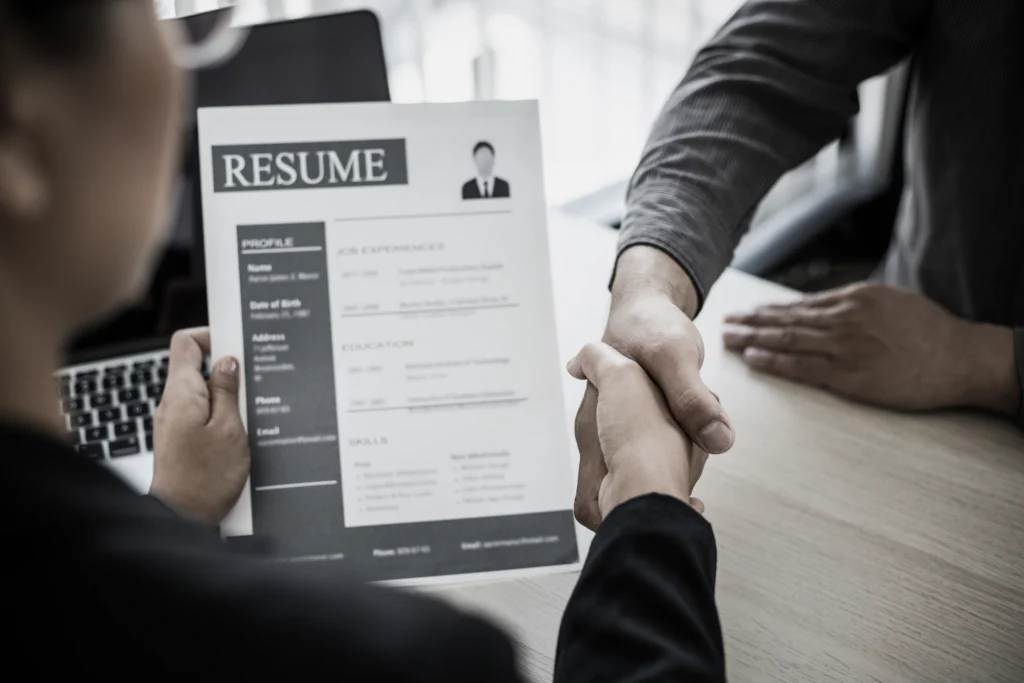
Get strategic with workforce planning
AI transforms workforce planning from guesswork into a data-driven strategy. It can analyze internal skills data, market trends and your business goals to predict your future hiring needs and flag potential succession planning gaps before a key employee resigns.
Offer instant support with HR chatbots and virtual assistants
AI-powered chatbots can act as the first line of support for your employees. They provide instant, 24/7 answers to common questions about benefits, company policies and payroll. This frees up your HR team to focus on more complex, high-value issues that require a human touch.
Personalize learning and development
One-size-fits-all training doesn’t work. AI can create personalized learning paths for each employee by recommending courses based on their role, performance data and stated career goals. This makes professional development far more engaging and effective.
Unlock powerful insights with HR analytics
Your HR data is a goldmine of information. AI helps you turn that raw data into actionable business intelligence. It can identify patterns in employee engagement, highlight the root causes of turnover and correlate performance with business outcomes, giving leadership the insights they need to make better decisions.
Supercharge your talent management
AI is a powerful ally in identifying and nurturing your top talent. It can analyze performance and engagement data to flag high-potential employees who might be ready for leadership programs. It also helps create clear career pathways, showing your best people they have a future with your company.
Deliver real-time, AI-based coaching
This is an exciting emerging area. New AI tools can analyze communication patterns in performance reviews or team messages and provide managers with real-time feedback and coaching. It helps them become more effective leaders by improving how they communicate with their teams.
Empower HR business partnering
AI gives your HR team the data and insights they need to be true strategic advisors. Instead of being bogged down by admin, they can use their time to focus on talent strategy, organizational design and building a winning culture.
The applications are powerful, but what does this all mean for your bottom line?
What are the real-world benefits of using AI in HR?
For SMB owners, the benefits of AI in HR aren’t theoretical—they translate into tangible business outcomes that help you save money and grow faster.
Drastically improve efficiency and productivity
By automating repetitive administrative tasks, AI frees up your team to focus on the strategic work that actually drives business growth. It’s all about doing more with the people you already have.
Create better, more consistent processes
AI enforces standardization across key HR functions like onboarding, performance reviews and offboarding. This consistency reduces the risk of human error, helps support fairness and improves the overall employee experience.
Reduce operational costs
The financial benefits are direct and significant. You’ll see lower recruitment costs thanks to faster hiring cycles, reduced administrative overhead and fewer costly errors in payroll and compliance management.
Eliminate repetitive tasks for your people team
Your HR team got into this field to work with people, not paperwork. AI takes the monotonous admin off their plate, boosting morale and allowing them to focus on the human side of HR—culture, engagement and development.
Make smarter, data-driven people decisions
AI provides objective insights to back up your gut feelings. This leads to better, more defensible decisions around hiring, promotions and resource allocation, which directly impacts your bottom line.
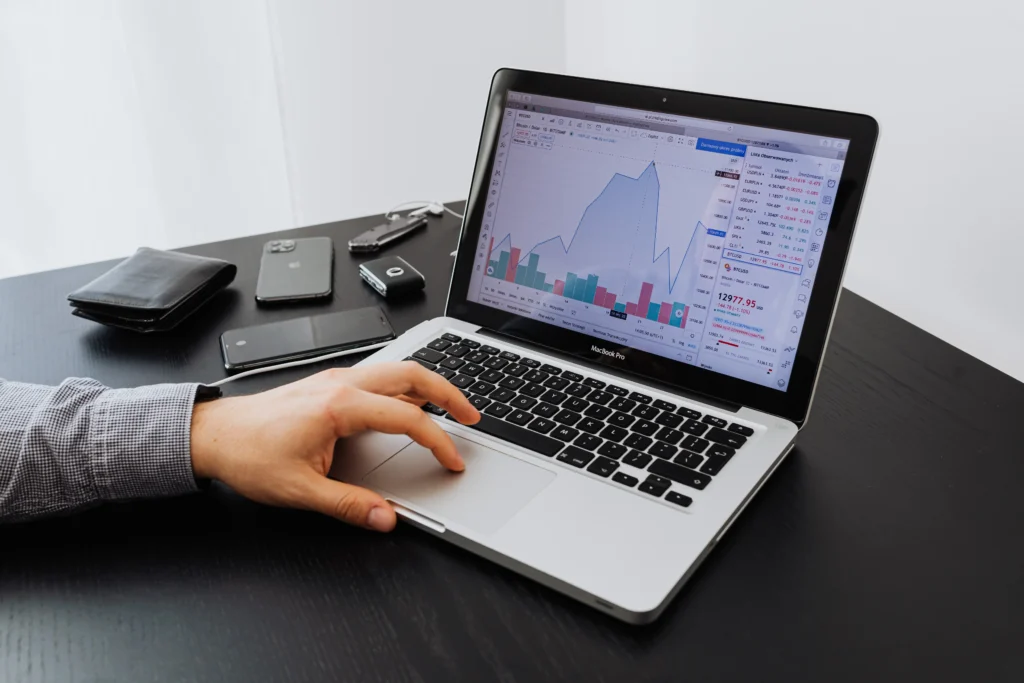
Of course, with any powerful new technology, it’s important to be aware of the potential risks.
What are the risks and ethical considerations of AI in HR?
To build trust, you have to address the potential downsides head-on. Here are the key considerations you need to be aware of.
The risk of algorithmic bias
If an AI tool is trained on historical data that contains human biases, it can learn and even amplify those biases in its decision-making. This is a major risk in hiring. It is crucial to partner with vendors who are transparent about how they work to identify and mitigate bias in their algorithms.
Data privacy and security
HR data is some of the most sensitive information you hold. Any AI tool you use must comply with Canadian privacy laws like PIPEDA. This means ensuring your vendor has robust security measures to protect employee data from breaches.
The need for human oversight
AI is a tool to support decisions, not a replacement for human judgment. The final call on critical decisions—especially around hiring, promotions and termination—must always rest with a human.
So, with all this in mind, what tools are actually out there?
What are some leading AI tools for HR?
The market is full of options, but they generally fall into a few key categories. You’ve got specialist AI platforms nailing one thing, like recruitment or engagement. Then there are the all-in-one HRIS powerhouses. We’re talking about tools like:
- Eightfold.ai: Top-tier for talent acquisition and management, using AI to match candidates and predict career paths.
- Beamery: An AI-powered talent operating system that helps you attract, engage and retain top talent.
- Gloat: This internal talent marketplace uses AI to connect employees with new opportunities, projects and mentorships within your company.
- Paradox: Conversational AI for recruiting, automating everything from screening to scheduling.
Employment Hero: Yep, that’s us! We’re embedding powerful AI right into the platform you already use. It’s about simplifying HR and payroll for SMBs, giving you smart tools where you need them most.
Employment Hero’s SmartMatch is an AI-powered hiring software that empowers your team to shortlist and screen candidates in seconds, keep candidates in the loop at each stage of the hiring process, automate reference checks and so much more to give you critical hours of your day back.
Request a demo of the powerful Employment Hero platform to explore how it leverages AI to streamline HR processes across the recruitment, onboarding and employee engagement journey.
This leads to the big question many leaders are asking.
Will AI replace the HR department?
The short answer is no. AI will transform the HR function, not eliminate it. It will automate the administrative and repetitive work that currently consumes so much of an HR professional’s time. This shift will empower HR teams to become more strategic, data-driven and focused on creating an exceptional employee experience. The future of HR is more human, not less.
This transformation requires a new set of skills and a new way of thinking.
How can HR professionals prepare for an AI-powered future?
The best HR professionals are already embracing this change. Here’s how you can prepare your team.
Upskilling with artificial intelligence for HR certifications
Encourage your team to build their AI literacy. There are many great courses and certifications available from organizations like AIHR (Academy to Innovate HR) that are designed specifically for HR professionals. This investment makes them more valuable to your organization.
Developing a data-first mindset
The future of HR is data-driven. Encourage your team to get comfortable with analytics. This doesn’t mean they need to become data scientists, but they should be able to interpret data, identify trends and use those insights to inform their strategies.
AI is your co-pilot, not the pilot
AI isn’t here to replace the human in human resources. It’s here to supercharge your team’s potential. By taking on the repetitive, administrative tasks, AI frees up your HR professionals to focus on what they do best: building a brilliant workplace culture and nurturing your greatest asset—your people.
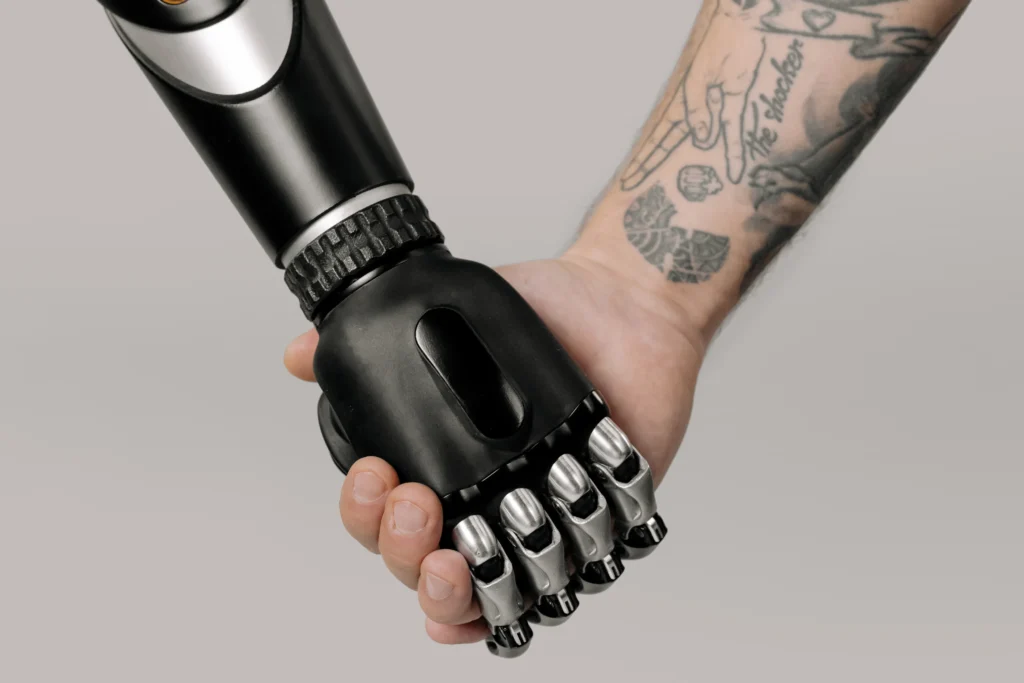
The future of HR is a partnership between human expertise and artificial intelligence. It’s time to embrace the change and start building a better world at work.ization that is agile, inclusive and ready to thrive in the multicultural landscape of tomorrow.
Related Resources
-
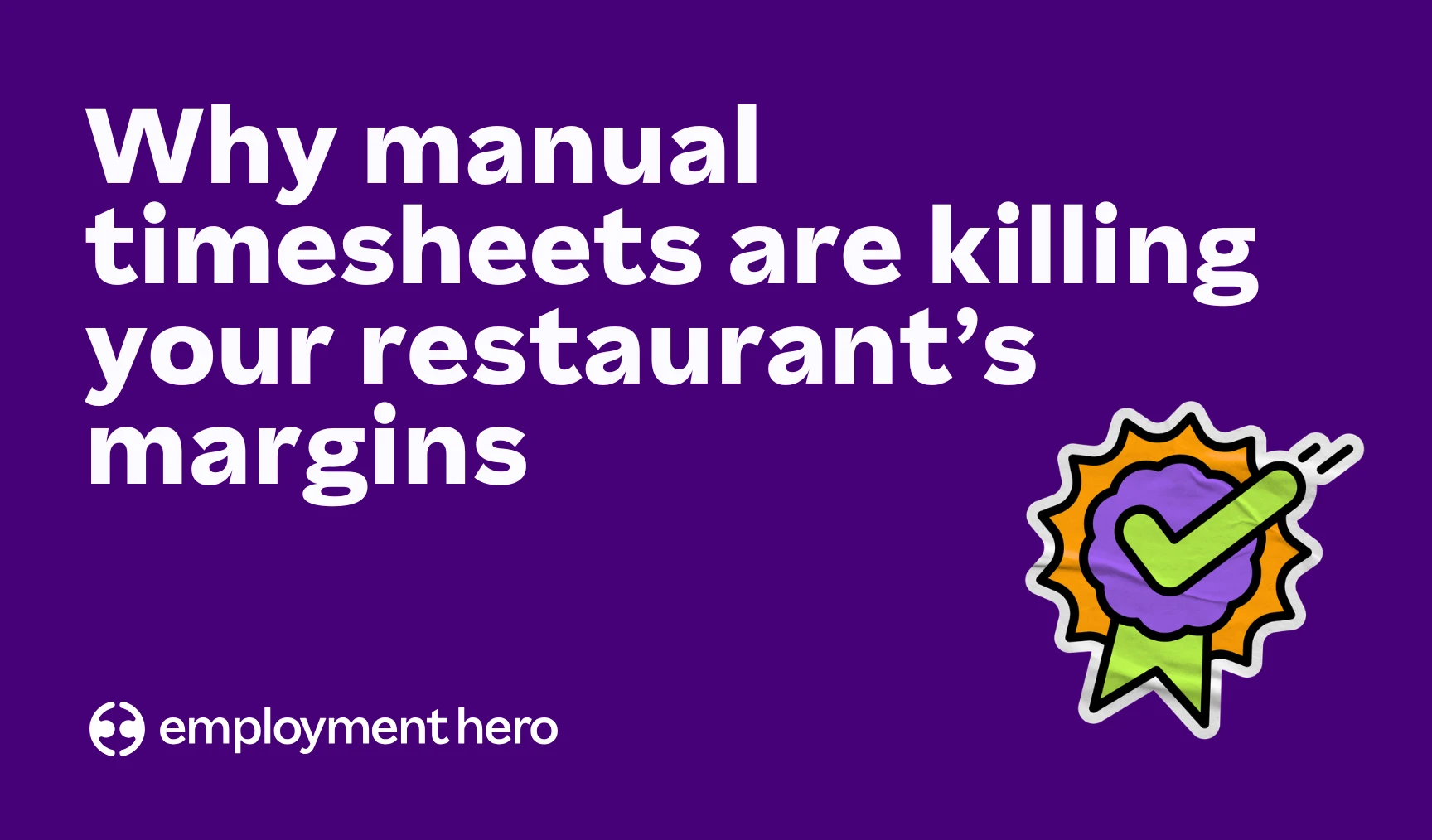 Read more: The high cost of handwriting: Why manual timesheets are killing your restaurant’s margins
Read more: The high cost of handwriting: Why manual timesheets are killing your restaurant’s marginsThe high cost of handwriting: Why manual timesheets are killing your restaurant’s margins
Handwritten logs are a hidden drain on your restaurant’s cash flow. Learn how to eliminate timesheet errors and protect your…
-
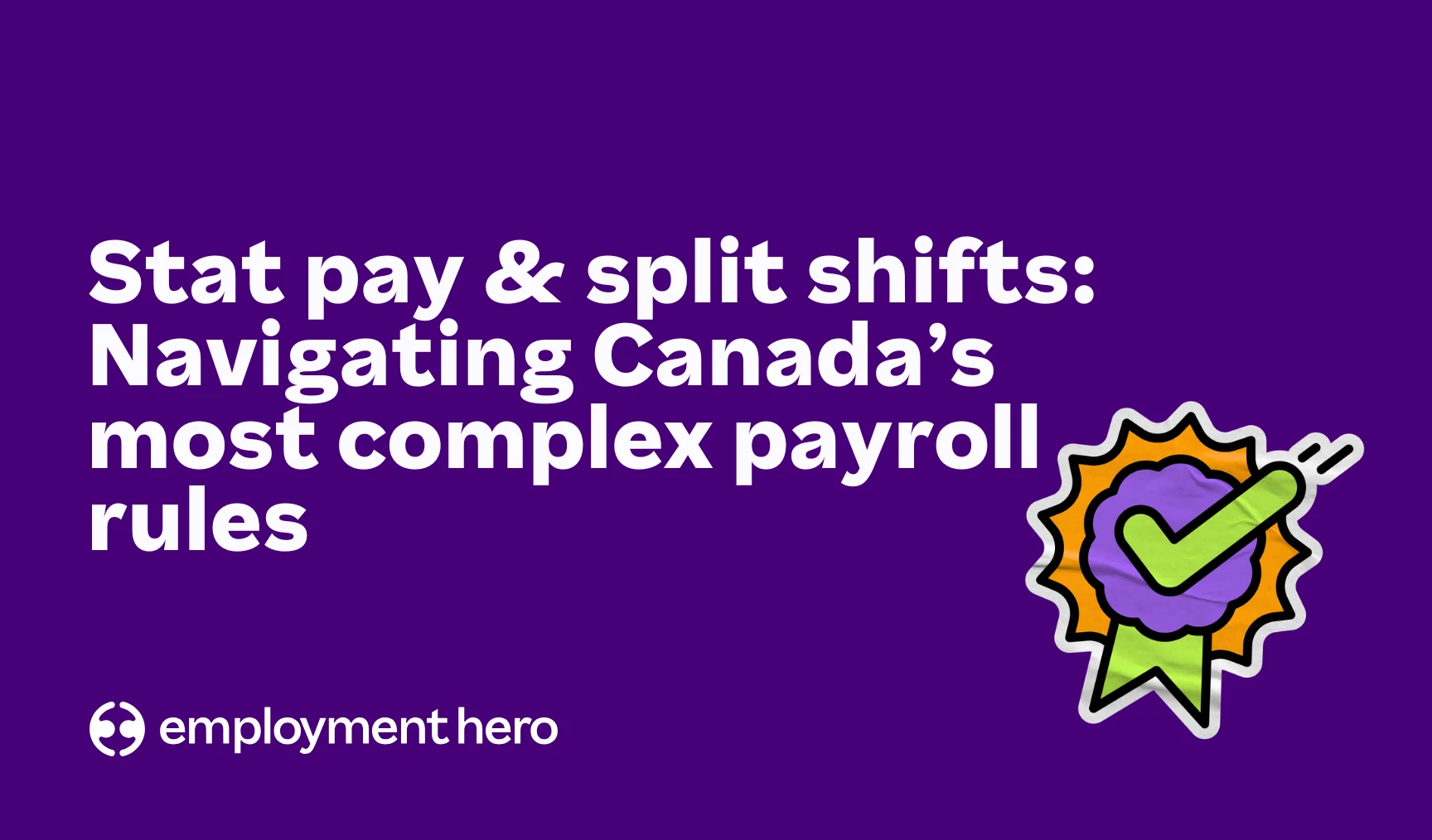 Read more: Stat pay & split shifts: Navigating Canada’s most complex payroll rules
Read more: Stat pay & split shifts: Navigating Canada’s most complex payroll rulesStat pay & split shifts: Navigating Canada’s most complex payroll rules
Hospitality payroll in Canada is a compliance minefield. Learn how to master stat pay, split shifts, and tip taxes to…
-
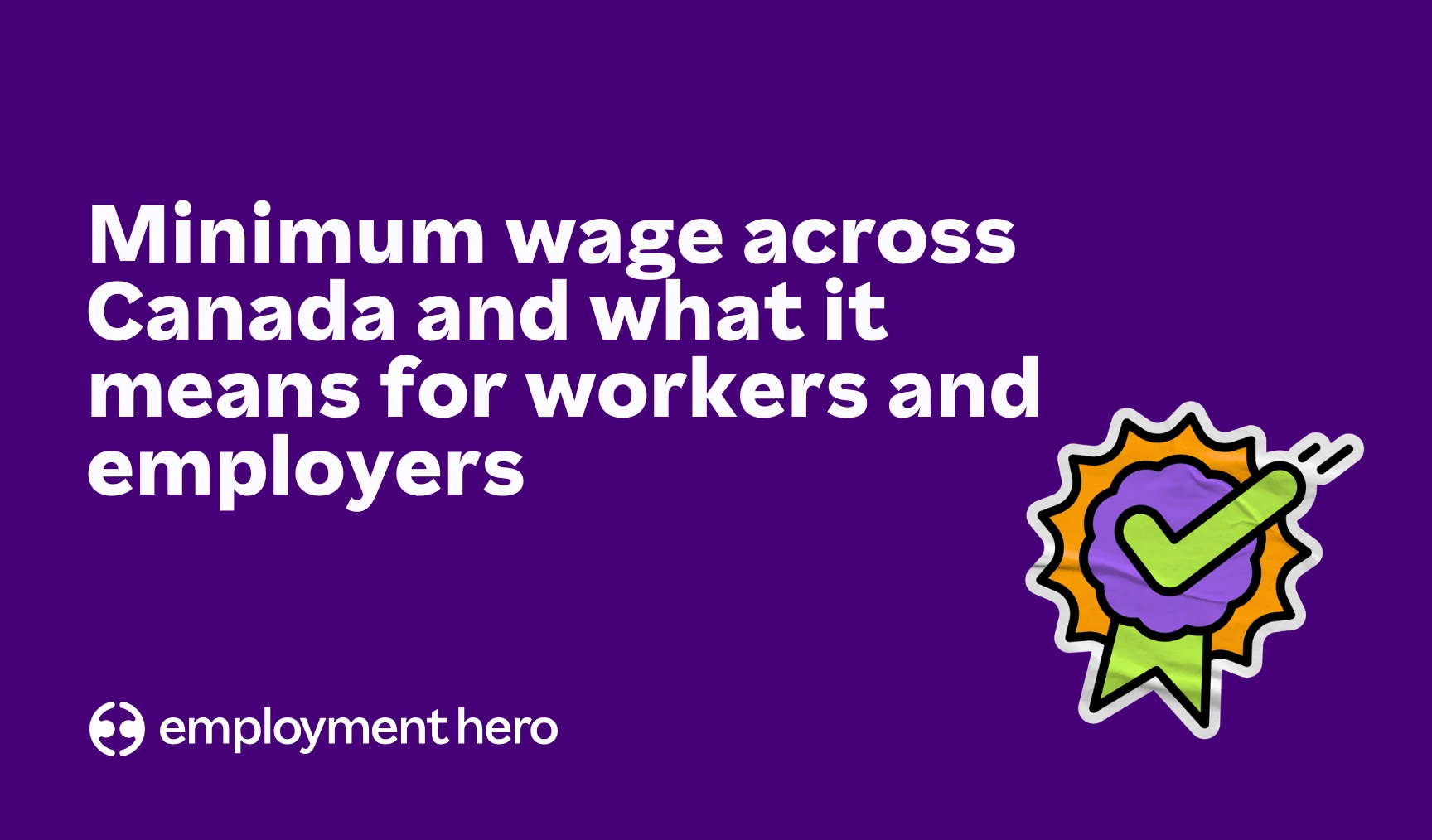 Read more: Minimum wage across Canada and what it really means for workers and employers
Read more: Minimum wage across Canada and what it really means for workers and employersMinimum wage across Canada and what it really means for workers and employers
A province-by-province breakdown of minimum wage in Canada, with insights on Alberta and Ontario. Understand what rising wage floors mean…


















